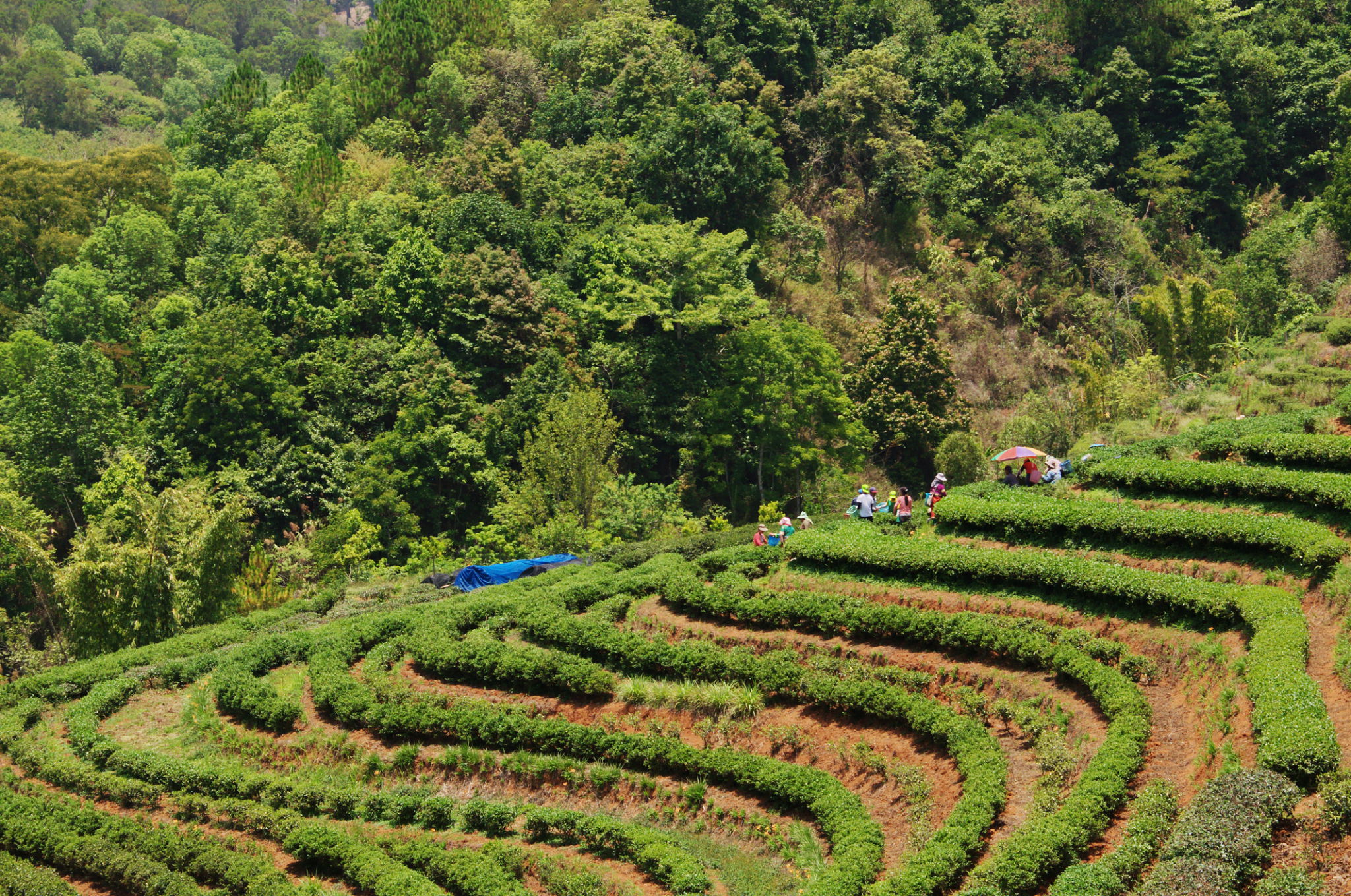A Comprehensive Guide to Sustainable Farming Practices in Kasungu
LW
Introduction to Sustainable Farming in Kasungu
Kasungu, a vibrant agricultural hub in Malawi, has been at the forefront of adopting sustainable farming practices. These eco-friendly techniques aim to enhance productivity while preserving the environment for future generations. With climate change posing significant challenges, sustainable farming offers a resilient solution for the local farming community.
Sustainable farming in Kasungu is not just about maintaining soil fertility but also about ensuring economic viability and social responsibility. Farmers are continuously exploring innovative methods to improve their yields without depleting natural resources or harming the ecosystem.

Soil Management Techniques
Soil health is a critical component of sustainable agriculture. In Kasungu, farmers employ various soil management techniques to maintain and enhance soil fertility. One popular method is crop rotation, which involves alternating different types of crops in the same area across seasons. This practice helps in breaking pest cycles and improving soil structure.
Another effective technique is the use of cover crops, which are planted during off-seasons to protect and enrich the soil. These crops prevent erosion, enhance soil organic matter, and improve water retention. Additionally, farmers in Kasungu are increasingly adopting organic fertilizers and composting to reduce dependency on chemical inputs.

Water Conservation Strategies
Water scarcity remains a pressing issue in Kasungu, making water conservation strategies crucial for sustainable farming. Techniques such as rainwater harvesting and drip irrigation are gaining popularity among local farmers. Rainwater harvesting involves collecting and storing rainwater for agricultural use, ensuring a steady water supply during dry spells.
Drip irrigation, on the other hand, delivers water directly to the plant roots, minimizing evaporation and maximizing efficiency. This method not only conserves water but also enhances crop yields by ensuring that plants receive sufficient moisture throughout their growth cycle.

Agroforestry Practices
Agroforestry, the integration of trees and shrubs into agricultural landscapes, is another sustainable practice gaining traction in Kasungu. This approach provides numerous benefits, including improved biodiversity, enhanced soil fertility, and increased carbon sequestration. By planting trees alongside crops, farmers create a diverse ecosystem that supports both plant and animal life.
Trees also offer shade and windbreaks, protecting crops from extreme weather conditions and reducing soil erosion. Additionally, agroforestry systems can provide farmers with additional sources of income through the sale of timber, fruits, or other tree products.

Community Involvement and Education
Sustainable farming in Kasungu thrives on community involvement and continuous education. Local farmers participate in workshops and training sessions to learn about the latest sustainable practices and technologies. Community-based organizations play a pivotal role in disseminating knowledge and providing resources to support sustainable initiatives.
Moreover, collaboration between farmers and agricultural experts facilitates knowledge exchange and innovation. By working together, the community can address common challenges and develop solutions that are both effective and sustainable.
Challenges and Future Prospects
While sustainable farming in Kasungu presents numerous benefits, it also faces certain challenges. Limited access to resources, lack of infrastructure, and financial constraints can hinder the widespread adoption of these practices. However, with continued support from government programs and international partnerships, these hurdles can be overcome.
The future of sustainable farming in Kasungu looks promising as more farmers recognize the long-term benefits of eco-friendly practices. By prioritizing sustainability, Kasungu can continue to thrive agriculturally while safeguarding its natural resources for future generations.
